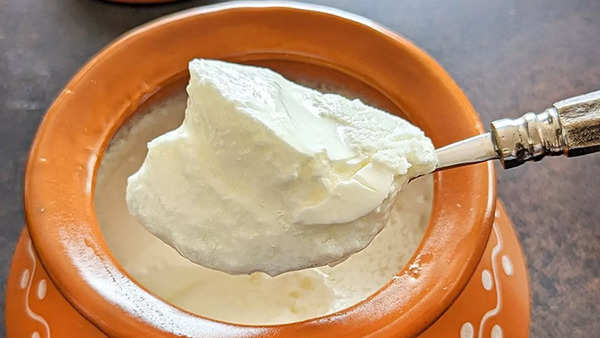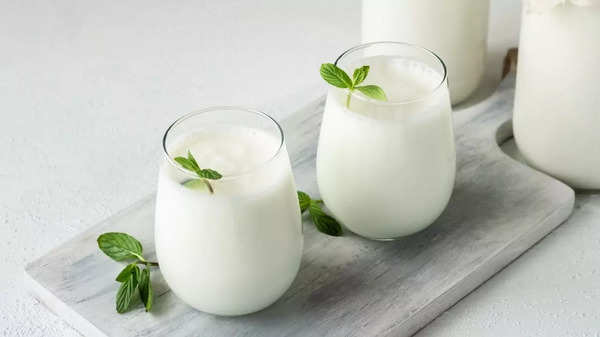Curd
Curd, also known as yogurt, is a dairy product that is made by fermenting milk with beneficial bacteria. The fermentation process involves the conversion of lactose (milk sugar) into lactic acid by these bacteria, giving curd its characteristic texture and tangy flavor.
Love prediction for VIRGO
Health benefits of curd:
Rich in probiotics: Curd is an excellent source of probiotics, or beneficial bacteria, which promote healthy gut flora. These bacteria contribute to better digestion and absorption of nutrients.
High in protein: Curd is a good source of high-quality protein, essential for muscle maintenance, repair, and overall body function.
Calcium content: It provides a significant amount of calcium, crucial for maintaining strong bones and teeth.
Boosts immunity: The probiotics in curd also support the immune systemhelping the body defend against infections.
Improved lactose digestion: The fermentation process reduces the lactose content in curd, making it easier to digest for individuals who may be lactose intolerant.
Regulation of blood pressure: Some studies suggest that regular consumption of curd may help regulate blood pressure.

Buttermilk and its health benefits
Buttermilk is a dairy product that is often a byproduct of churning curd or yogurt to extract butter. It is a tangy and liquid refreshment that can be consumed on its own or used in cooking and baking.
Digestive aid: Buttermilk contains lactic acid, which aids in digestion and helps soothe the stomach. It is often recommended to alleviate indigestion and acidity.
Probiotics: Similar to curd, buttermilk contains probiotics that promote a healthy gut. These beneficial bacteria contribute to a balanced gut flora, aiding in digestion and supporting the immune system.
Nutrient-Rich: Buttermilk is a good source of several essential nutrients, including calcium, vitamin B12, riboflavin, and phosphorus.
Low in fat: Compared to whole milk, buttermilk is lower in fat, making it a lighter option for those watching their fat intake.
Hydration: Buttermilk is a hydrating beverage, provides essential fluids to the body.
Bone health: The calcium and phosphorus in buttermilk are essential for maintaining strong and healthy bones.
Weight management: With its lower fat content and filling nature, buttermilk can be a satisfying and low-calorie option for those looking to manage their weight.
Cooling effect: In many cultures, buttermilk is considered a cooling beverage, making it a popular choice during hot weather to help cool the body.

Which is better for you – Curd or buttermilk?
In the discourse between curd and buttermilk, Ayurveda suggests that buttermilk is a superior and health-conscious alternative to curd. The revelation that curd’s active bacterial strains trigger heightened fermentation upon encountering heat, leading to increased body warmth, contrasts sharply with buttermilk’s unique ability to cease fermentation when water is introduced, ensuring a cooling effect.
The digestive realm further tips the scale in buttermilk’s favor. Churning curd into buttermilk not only facilitates digestion but also accelerates the process, rendering it particularly beneficial for individuals grappling with indigestion. This transformation enhances buttermilk’s hydrating properties, elevating it to a more effective fluid replacement than curd.
The addition of condiments like cumin powder, pink salt, and cilantro not only enriches buttermilk’s flavor profile but also amplifies its health benefits. Research findings indicating buttermilk’s potential role in controlling high blood pressure, attributed to milk fat globule membranes, add a cardiovascular health dimension.







